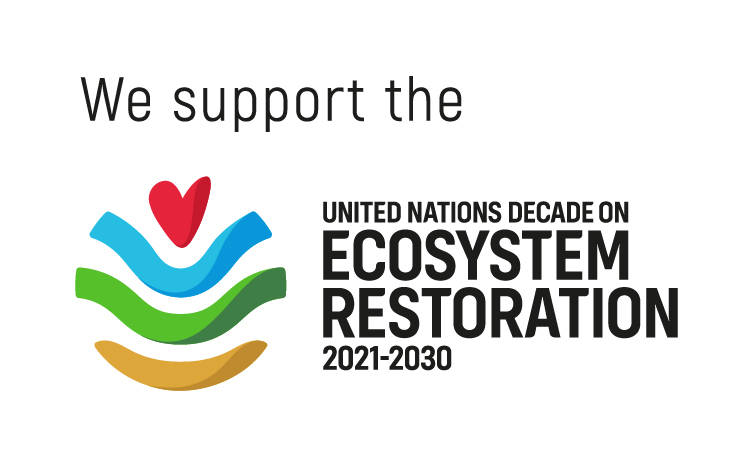Trees for Irulas
Thiruvallur, Tamil Nadu, India
Available for Adoption upto: 67,846 Trees
Project Purpose
Trees for Tribals®Location

In FY 2025-2026 we will plant 50,000 trees in Ammampakkam village of Poondi block, Thiruvallur district, in addition to the 50,000 trees planted in the villages of T.B Puram, Ammampakkam, Vadathillai, Perativakkam, Placepalayam and Vellathikottai villages of Poondi GP, Thiruvallur district, during FY 2024-2025

Enhancement of
Biodiversity

Carbon Sequestration

Groundwater
Recharge

Increase in
Green Cover

Generation of
Rural Employment







Why Trees?
In the quiet corner of Tamil Nadu, lies a community often overlooked yet deeply in need of support - the Irula tribe. Like many indigenous communities, they face challenges such as marginalisation, poverty, lack of access to education and healthcare, and diminishing natural resources. Efforts to address these challenges often involve balancing modernisation with the preservation of their cultural identity and traditional way of life.[1]
One can trace the Irula tribe’s roots back to Africa. Historically, they used to live in the forest and possessed intricate knowledge about snakes. They were skilled in capturing venomous snakes, making them invaluable in snake rescue operations and venom extraction. Traditionally, they practised hunting and gathering as a means of livelihood, however, due to stringent laws and dwindling resources, many find themselves working as labourers.
The Irula tribe has an undeniably integral connection with forests. In the article, Reflections on Marginalisation of Tribes in South India, Ritambhara Hebbar mentions “Biodiversity is integral to the livelihood strategies of tribes in South India. Their dependence on forests have contributed to the vast knowledge of the local biodiversity, which is critical to their survival and also of the ecosystem.”[2] However, environmental issues, coupled with deforestation have made things more difficult for them. To address these concerns, we are planting trees in Thiruvallur district of Tamil Nadu. This will establish a vital lifeline for them.
An article by the The Food and Agriculture Organization of the United Nations highlights that, “Trees meet basic needs like fuelwood, fodder and small timber that are important for them and their livestock. Degradation and depletion of the forest resources are increasing poverty and suffering among the rural people. Therefore, it is imperative to rehabilitate degraded forest resources in order to sustain rural livelihoods.”[3]
Tree Species
In this tree plantation project, tree species have been carefully chosen to maximise benefits for the Irula tribe, focusing on their nutritional value and medicinal properties. The species include Indian gooseberry (Emblica officinalis), Jamun (Syzygium cumini), Indian almond (Prunus dulcis), Arjun tree (Terminalia arjuna), Indian portia tree (Thespesia populnea), Karanj (Pongamia pinnata), Mahua (Madhuca longifolia), Jackfruit (Artocarpus heterophyllus), Custard apple (Annona squamosa) and Myrobalan tree (Terminalia bellirica)
Social Impact
Tree plantation offers numerous benefits that span across multiple aspects.*
Our project will generate employment opportunities for the Irula tribal group since we are committed to working closely with them at our planting site. They are involved in preparing the saplings in the nursery, transportation of the saplings, plantation and maintenance. They can also earn additional income from the plantation produce, in this case, they can supplement their income from timber and fruits once the tree matures. Tree plantation activities provide employment for women, as many women workers
participate in our projects. Women can further be involved in income generation form the produce obtained.
Tree plantation will help in improving the water table, check topsoil erosion, and increase carbon sequestration potential, thereby creating a healthier environment for biodiversity and communities to flourish. A healthy ecosystem will ensure that this forest-dependent community can fulfil its needs and supplement its income with forest produce and other NTFPs.
By planting trees, we can help regulate the natural water cycle and improve water quality. This will greatly benefit the local communities.
*The environmental benefits of the trees reach their full potential as they mature.
[1] 2021. The path to righting historical wrongs. The Hindu.
[3] Ritambhara Hebbar (2014). Reflections on Marginalization of Tribes in South India. YOJANA.









